

Bharat Shah has rich experience in handling large funds. He was the CIO of Birla Mutual Fund which has a AUM in excess of Rs. 50k crores. Now, he is with ASK Investment handling HNI funds. He has seen many multibaggers come and go in his career as a stock picker and so one can be sure that when he dishes out advice, it comes with the solid backing of real-life experience.
In his first interview to the ET, Bharat Shah made it clear that investors who were waiting for “mouth watering valuations” to come their way were waiting for Godot. Instead, investors must be prepared to pay a “reasonable” value for the stock, he stressed. The question whether the stock is quoting at “reasonable” valuations has to be determined based on its earnings potential, he explained. For all of us investors chary of paying the steep price that quality companies demand, Bharat Shah suggested a simple technique to determine for ourselves whether the price is reasonable or not. He said we should go back a couple of years and check the then price and the PE. Invariably, the PE would be as dis-comfortingly high as it is today. But cut to the present price and you will find that the “high” price that you would’ve paid for the stock then would be well worth it today, given the present valuations.
In the second part, Bharat Shah explains why top-quality stocks like HDFC Bank, Asian Paints, Sun Pharma & Divi’s are seemingly immune to market cycles. The common underlying characteristic of the businesses run by the quality stocks are (a) they address a large size of opportunity, (b) the managements have the proven capability and sagacity to tap into the opportunity in a very prudent way, (c) they have shown an ability to run long-term marathon race rather than trying to do a short term sprint. The management wisdom in judging opportunity and calibrating its responses has been very much in evidence and the underlying businesses have inherently a superior character, he explained.
The character of a top-quality business is that it has relatively less capital intensity, relatively greater predictability given the large size of opportunity and inherent character to produce a superior return on capital employed and in turn free cash flows. So these characteristics are partly in the business, partly in the way management sees the opportunity and is basically stemming from the fact that it is a large size of opportunity that the businesses are addressing, he added.
The quality businesses are consistent businesses with great predictable franchises with the ability to price the products at an appropriate level and obtain fantastic return on capital employed. They have visibility of opportunity, visibility and predictability of earnings growth, he said.
Bharat Shah also explained that investors should not expect a consistent upward re-rating of the business. Instead, they should expect that the business would retain their competitive strength and riding the underlying profit growth. If these businesses still have the capability to grow their earnings anywhere between 15% to 20% and in some cases even bit higher, it is a “fantastic return” to be obtained by being with these businesses, he emphasized.
On the temperament that investors should have, Bharat Shah cautioned that investors had to get out of the habit of judging the companies every month and every quarter. Businesses go through their ups and downs in the cycles much like markets but so long as the long term vision is intact and the underlying inevitable are intact, investors have to give up this habit of trying to judge them every moment and every quarter, he said. Simply because quarterly results are available does not mean that we have to judge the business in terms of action to retain or abdicate it every quarter, he added. “But unfortunately, because the information is there and news is there, there is undying edge to react to that and respond to that“, he lamented.
Bharat Shah also pointed out that he had studied the last 10 – 15 years of many of these businesses and it was seen that they do not have to grow at a dramatic pace in order to give meaningful returns. Most of these businesses have grown their earnings at about 18-20-22% but the market returns have been anywhere around 25% or better than that. So, even if going forward, the valuations do not get re-rated, you still can hope to get that 18-20% underlying compounding which is still pretty good, he exclaimed.
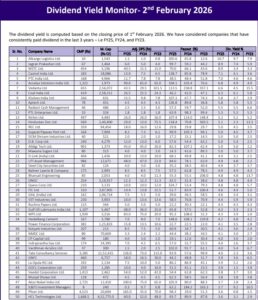
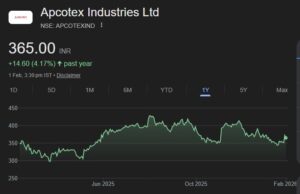
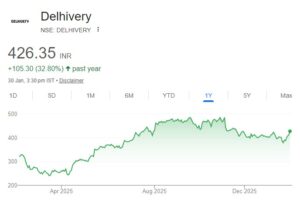
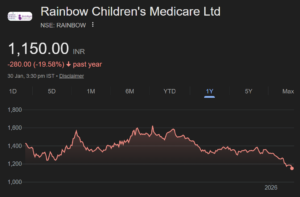
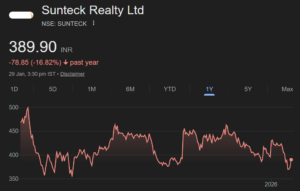
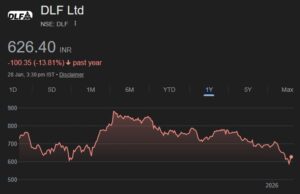
We used Morgan Stanley’s amazingly simple method to arrive at a list of 13 great stocks: Stocks that have performed well in last few years and still have the potential to do it again in years to come. Your readers can benefit by having a look at the list at http://www.stableinvestor.com/2012/10/best-nifty-stocks-and-3-questions-that.html